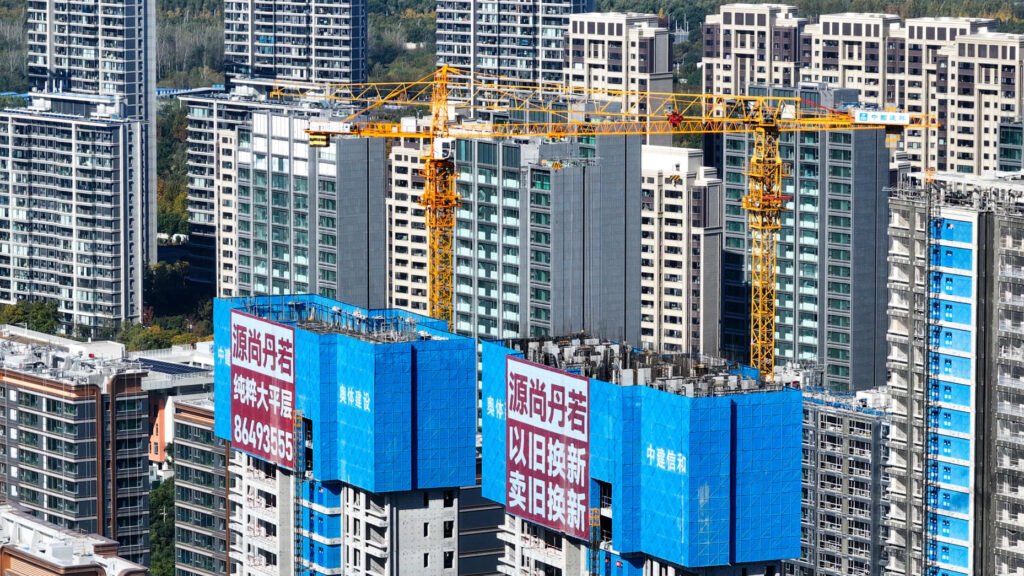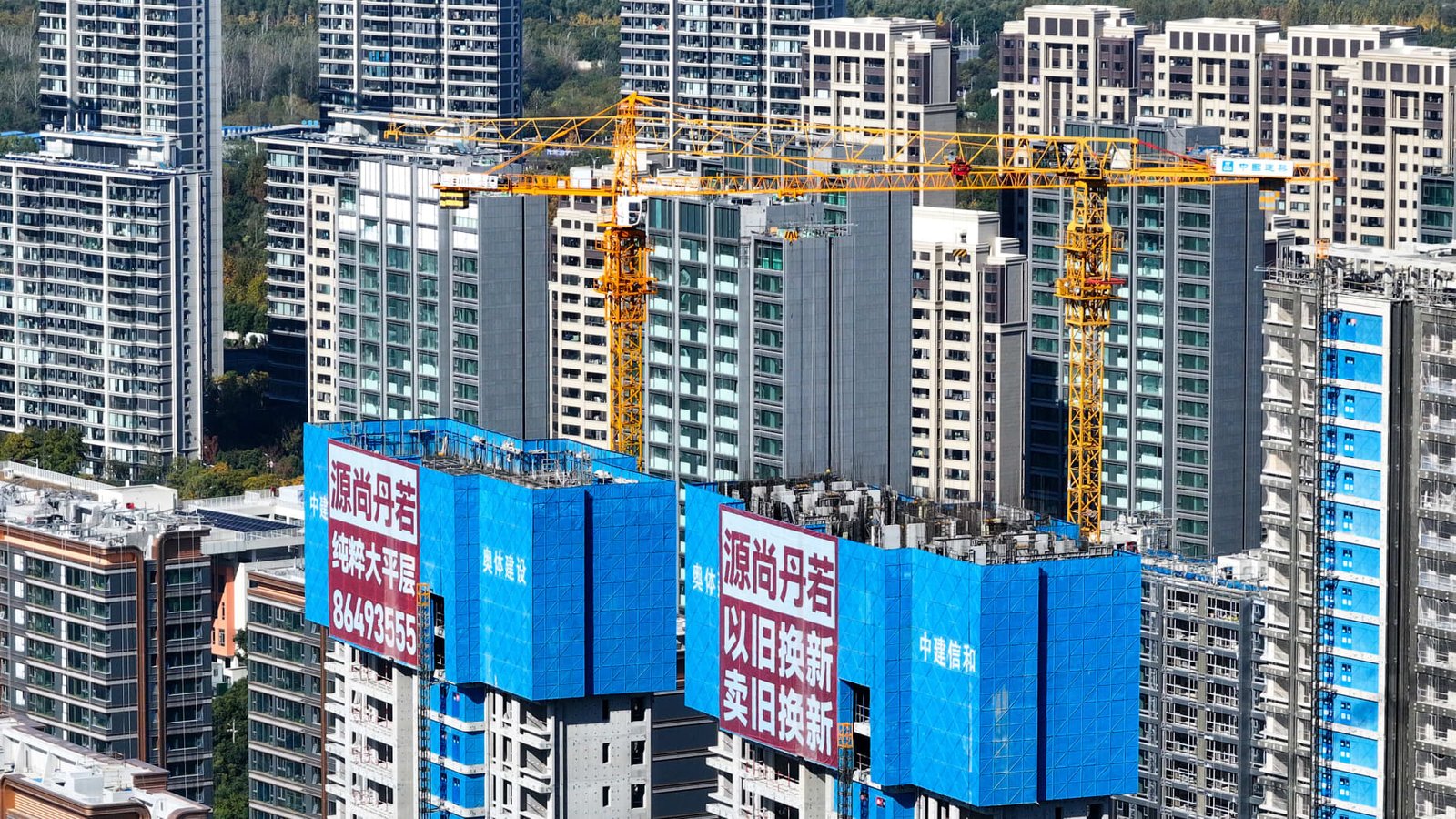Far from a bazooka, China’s stimulus measures are just trickling through the economy
Key Points
- China’s latest efforts to boost growth are barely trickling into the economy, data and company profits show.
- “While it will take some time for the positive effect to fully materialize and expand to more consumption categories, we are confident that these policies will gradually provide more support to the real economy,” said Shaohui Chen, CFO and senior director of Meituan. vice president, according to a recording of a recent earnings call.
- “Looking ahead, our sources expect the stimulus in 2025 to be implemented gradually and in a data-dependent manner,” Gabriel Wildau, managing director of Teneo, said on Monday in a note summarizing a recent trip to China.

China’s latest efforts to boost growth have not had a broad impact yet, data and company profits show, indicating the world’s second-largest economy will not recover anytime soon.
Growth in sectors ranging from real estate to manufacturing has improved since Beijing began announcing stimulus measures in late September. Companies, however, have maintained a cautious tone in sharing their outlook in recent weeks.
When asked on an earnings call Friday about the impact of the stimulus, food delivery giant Meituan
It said only that in October, the average value of hotel orders in its new travel booking business fell less than in previous months, year over year.
“While it will take some time for the positive effect to fully materialize and expand to more consumption categories, we are confident that these policies will gradually provide more support to the real economy and incentivize consumer spending, generating more growth opportunities for the consumers. our business,” Shaohui Chen, chief financial officer and senior vice president of Meituan, said, according to a recording of the earnings call.
Executives at the e-commerce company Alibaba
and social media operator Tencent
shared similar comments last month on its earnings calls, saying stimulus would take time to translate into growth.
The increased stimulus measures are aimed at meeting this year’s official target of around 5%, and a similar pace next year, while avoiding financial instability, Gabriel Wildau, managing director of Teneo, said in a Note on Monday. For him, the tone of the economy indicates that “technological self-sufficiency and national security remain the top priorities” for China.
“Looking ahead, our sources expect stimulus in 2025 to be implemented gradually and data-dependently,” Wildau said. “The guiding principle will be ‘enough’ rather than ‘whatever it takes.'”
Preliminary economic indicators for November reinforce a picture of improving, although not explosive, growth.
The Caixin Purchasing Managers’ Index for the manufacturing sector showed further expansion in factory activity with a figure of 51.5, its highest reading since June, according to LSEG data. The official PMI hit 50.3, the highest since April. November industrial and retail sales data will be released on December 16.
Caixin’s measure of the manufacturing workforce showed employment contracted for the third straight month in November. That indicates that “the effect of economic stimulus is not yet felt in the labor market and there is a need to strengthen enterprises’ confidence in expanding the workforce,” Wang Zhe, senior economist at Caixin Insight Group, said in a report.
“While the economic crisis appears to be bottoming out, it needs further consolidation,” Wang said, pointing to the growing risk of “external uncertainties.”
The United States on Monday issued another round of restrictions aimed at hurting Chinese chipmakers. President-elect Donald Trump last week announced plans to impose 10% tariffs on all U.S. imports of Chinese goods once he takes office in January.
“Markets will be eager for more and more stimulus as geopolitical temperatures rise,” according to the survey of Chinese companies by US advisory firm China Beige Book, published on Monday.
The firm surveyed 1,502 businesses Nov. 14-26 and found that retail spending improved from a year earlier, along with home sales, despite “widespread” weakness in services consumption. The report also noted that the share of respondents taking out more loans rose to the highest level since May 2022, indicating a rebound in demand.
“Beijing’s stimulus measures encouraged businesses to sideline this month,” the report said. “But it is unlikely to last without promises of additional support.”
China’s Finance Ministry has said more fiscal support could come next year. Investors are also watching details of China’s annual economic planning meeting, which is usually held in mid-December.


0 Comment